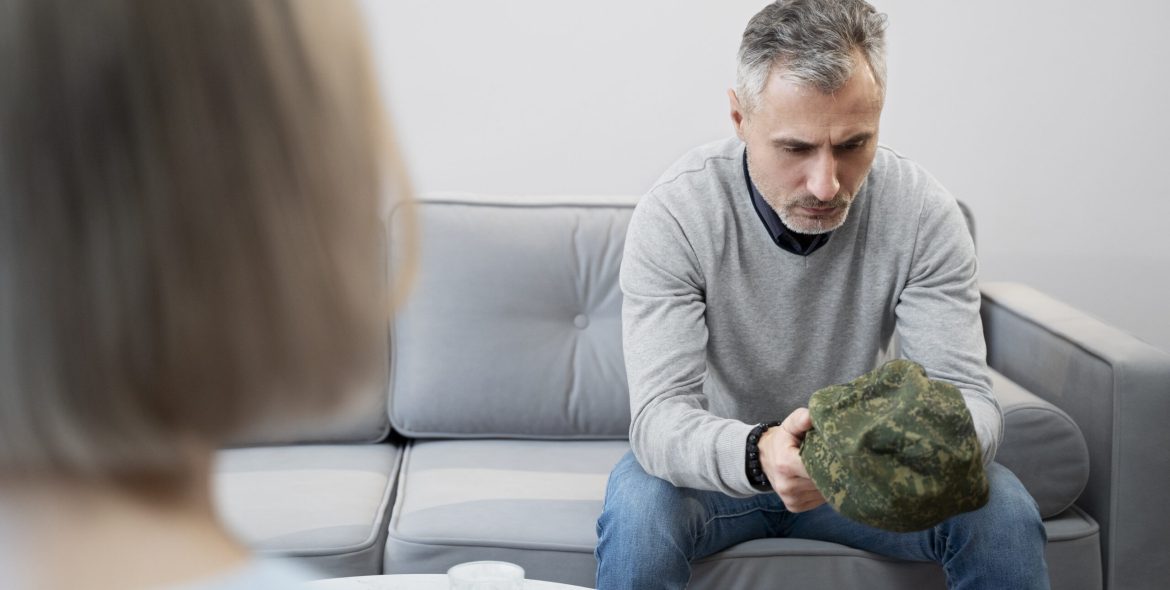In the early phases of recovery, addicts and family members might not recognize the significant impact that the grieving process has on their experience. There are obviously occasions when we view sadness as a normal response to life events, such as when someone has passed away or moved away or when a significant job or item is lost. However, grief is not simply triggered by the loss of close friends or material belongings. Grief can also triggered by the loss of a way of life, such as a way of being or seeing oneself.
Grief develops as a result of the significant changes that are occurring in a person and their family while the addiction problem is treated during the recovery process from addiction. Recovery becomes less mysterious when this grief process is understood and accepted. It recognizes some of the losses that may be brought forward and to provide tips on how to cope with those griefs.
Facing Grief in Addiction Recovery: Losses the Addict May Feel
- The substance itself: The addict will miss their addiction, regardless of the damage or trauma that their drug or alcohol usage or other addictive behaviors caused them or their loved ones, or how appreciative others may be that the using or acting-out has ceased. They will miss the diversion, relaxation, intensity, and high that the suggested behavior or substance provided. In reality, the addict will occasionally feel overwhelmed by everything they must now encounter without a buffer. They will miss their “easy” route to escape challenging emotions and experiences.
- Rituals: Addicts eventually start to miss the rituals that surrounded their addictive behavior. Just as firmly ingrained in their lives as a career or a house are the locations, recurring patterns, and hidden behaviors of their substance or behavior addiction; overcoming these is challenging and occasionally unpleasant.
- Relationships with other addicts: You should end any relationships you had with others you previously used addictive substances with. For some people, giving up entire social groups and particular pastimes like Happy Hour is necessary to prevent relapsing into addiction.
- Freedom: An addicted lifestyle involves avoiding accountability and duty to those who or things that might get in the way of the freedom to use drugs, engage in sexual activity, gamble, etc. Being responsible, consulting others before making decisions, and keeping all promises and responsibilities are major aspects of a recovered person’s life.
- Relationships with loved ones: Addiction also causes loss of relationships. As an addict becomes sober, facing the reality of the consequences can be very painful. Doing the work of repairing oneself and taking personal responsibility for their behavior is a process that requires time.
How to Cope With Loss and Grief While Recovering From Addiction
There are various loss types and stages of mourning. Keep your recovery at the forefront of your mind as you go through each stage of grieving. Be cautious. Review your recovery frequently and keep in mind why it’s so crucial to you. Start each day with a grateful attitude toward healing, and conclude each day with it.
- Try not to avoid the experience of grief: Accept your emotions and acknowledge that it’s okay to feel hurt, angry, or confused. Positive emotions may overwhelm you at first, but they will lessen as you continue to grieve and find constructive outlets for your suffering.
- Take advantage of support groups: For information on local grieving support groups that are best suited for people who are recovering, speak with a Florida addiction and recovery center. There are also sessions specifically for bereavement support in some AA or NA organizations.
- Grieve at your own pace: Nobody else’s timeline will be the same as yours. Grieving can be done in any way, so avoid the trap of doing it “the right way.” On any particular day, grief may be greater or less intense. Always give yourself permission to feel what you feel and to acknowledge the truth of your emotions.
- Discuss your suffering: Talk about your emotions with other people who have also lost a loved one. Maintain regular contact with your therapist, support group, sponsor, and circle of reliable friends. You can stay connected to people who share your recovery goals through individual and group therapy, 12-step meetings, and other types of support group gatherings.
- Reject the desire to retreat: Engage in conversation with upbeat, sympathetic people. Spend time in nature. Find hobbies or creative outlets. Using your creativity to clear your mind is beneficial to the grieving process.
- Be dedicated to your treatment schedule: Strong emotions can act as triggers, and it can be very tempting to use alcohol or drugs to dull the pain of loss. Be especially cautious to stay away from people, places, and circumstances that could serve as relapse triggers. Maintain regular communication with your sponsor and/or network. Spend time with individuals and in locations without alcohol or drugs.
- Pay attention to your physical and emotional well-being: Include a healthy diet, consistent exercise, and techniques like yoga, meditation, and mindfulness. Keeping a gratitude notebook that emphasizes thankfulness for both your recovery and happy memories. This can help you remember the one you lost and can keep you on track. This holistic approach to recovery will help you to stay the course of freedom from addiction.
- Think of others: When you are healthy enough, don’t be afraid to help those who are in need. Help those who are also grieving or provide your services to those in need. Giving helps you feel better about yourself and temporarily diverts attention from your own suffering. It also boosts your self-esteem.
Conclusion
Florida addiction and recovery centers can help a person in their recovery from addiction. They will help the addict process the grief that they experience as a result of becoming sober. Without this, the grief they have been avoiding can sometimes push the user to addictive substances. With courage, determination, and the help of a rehab center in Florida, freedom is available.





